
Book
The Mentoring Manual
Your Step-by-Step Guide to Being a Better Mentor
Pearson Education (USA),
2021
First Edition: 2014 更多详情
First Edition: 2014 更多详情
© 2021
This authorised summary of Mentoring Manual is published by arrangement with Pearson Education Limited.
ISBN: 9781292374215
Pages: 232
This authorised summary of Mentoring Manual is published by arrangement with Pearson Education Limited.
ISBN: 9781292374215
Pages: 232
Recommendation
Mentoring and coaching expert Julie Starr calls her book a manual, and that’s exactly what you get: a guidebook chock-full of tables, charts, diagrams, exercises and steps. She also offers a slew of accompanying resources and tools on her website. Thorough and prescriptive, Starr leaves no prospective mentor with any doubt about what to do to build a good mentor–mentee relationship. Much of Starr’s advice might seem intuitive: listen carefully, build trust and don’t try to solve mentees’ problems for them, but it will surely get any new mentor off to a solid start.
Summary
About the Author
Julie Starr is a consultant specializing in coaching, mentoring and personal development.
Learners who read this summary also read
Book
Book
Book
Book
Book



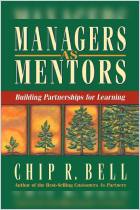
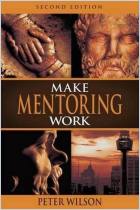
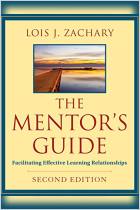
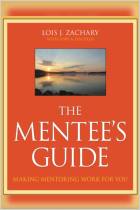
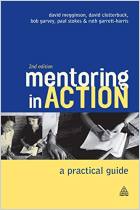



Comment on this summary